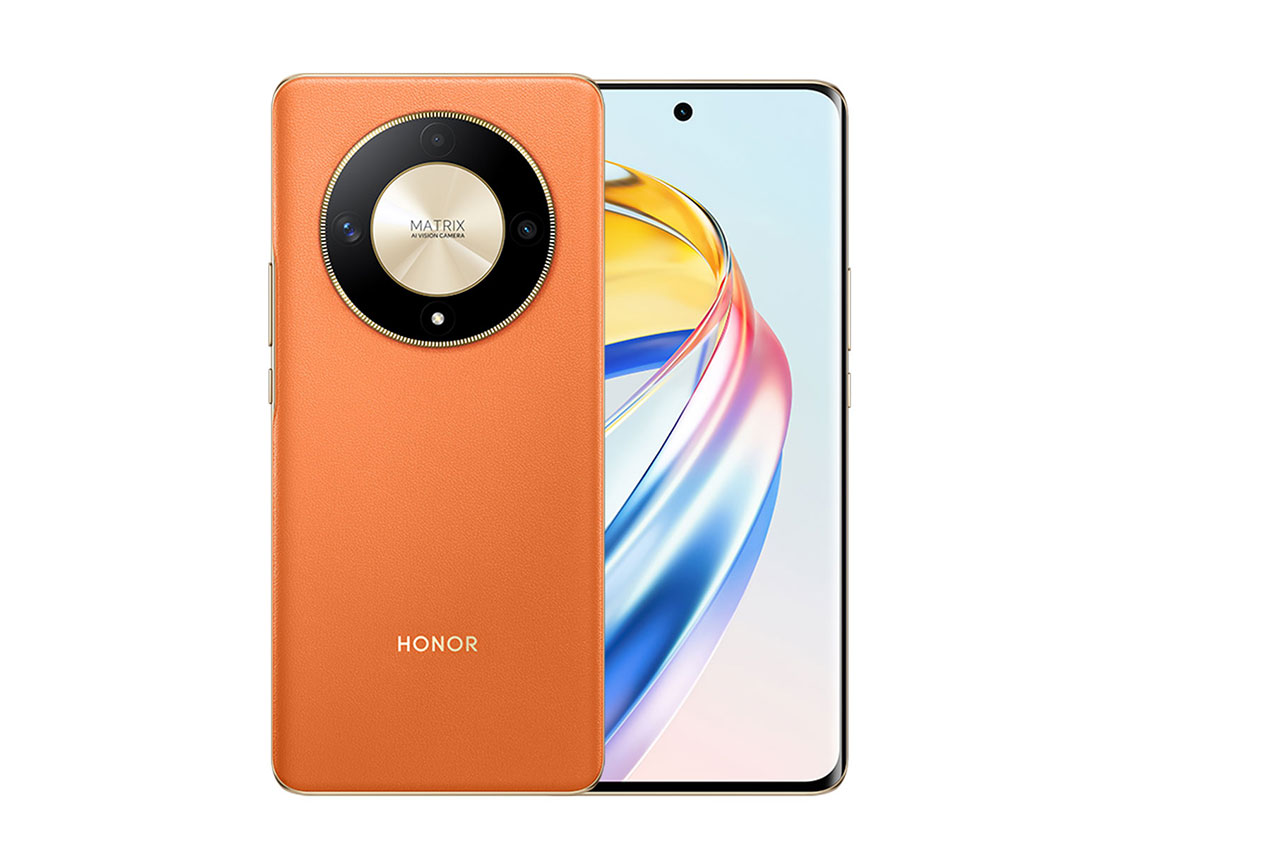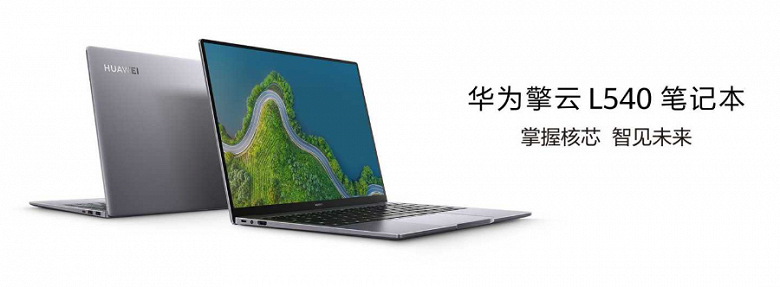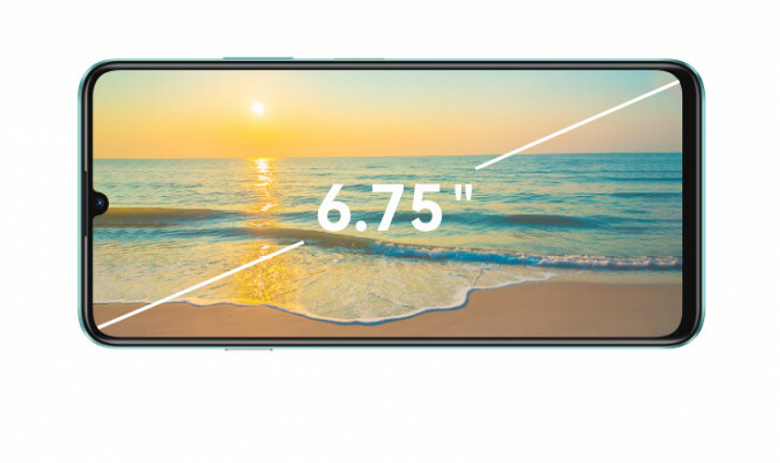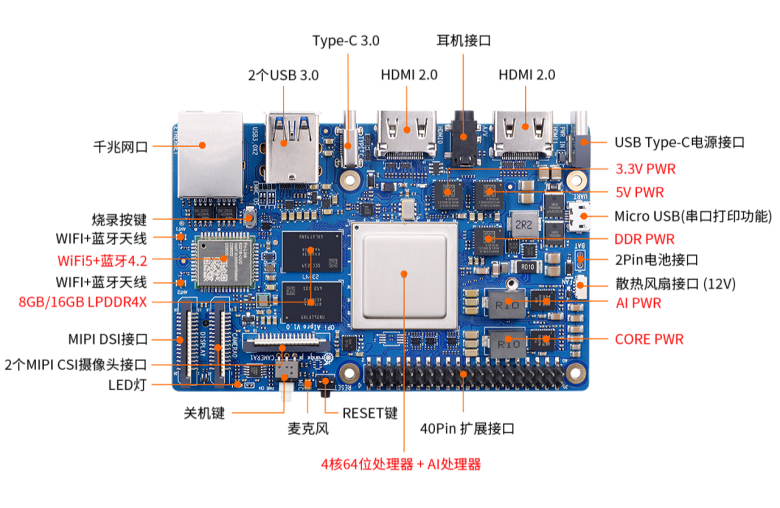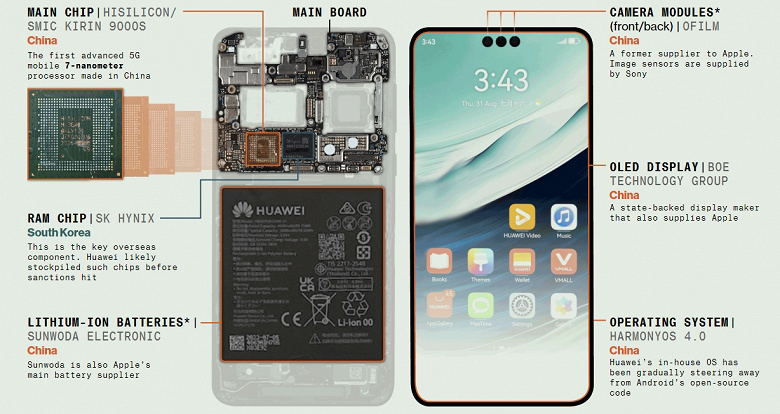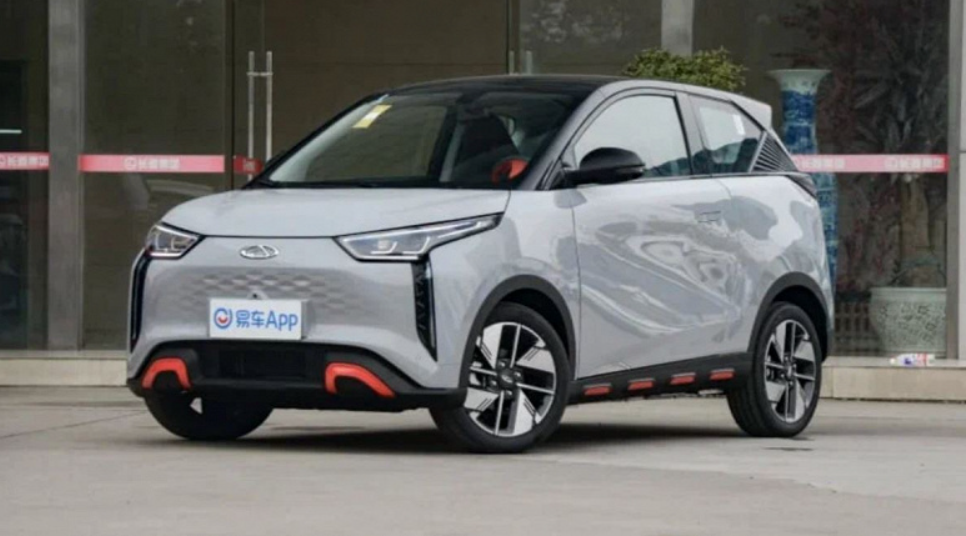Global version of Huawei Mate 40 can get MediaTek processor instead of Kirin 1020
This week, the Taiwan Semiconductor Manufacturing Company (TSMC) officially confirmed that, in accordance with the instructions of the American authorities, since May 15, 2020, it has not accepted orders from Huawei for the production of HiSilicon Kirin chips. This could force Huawei to release the Mate 40 flagship smartphone family based on two different processors.

